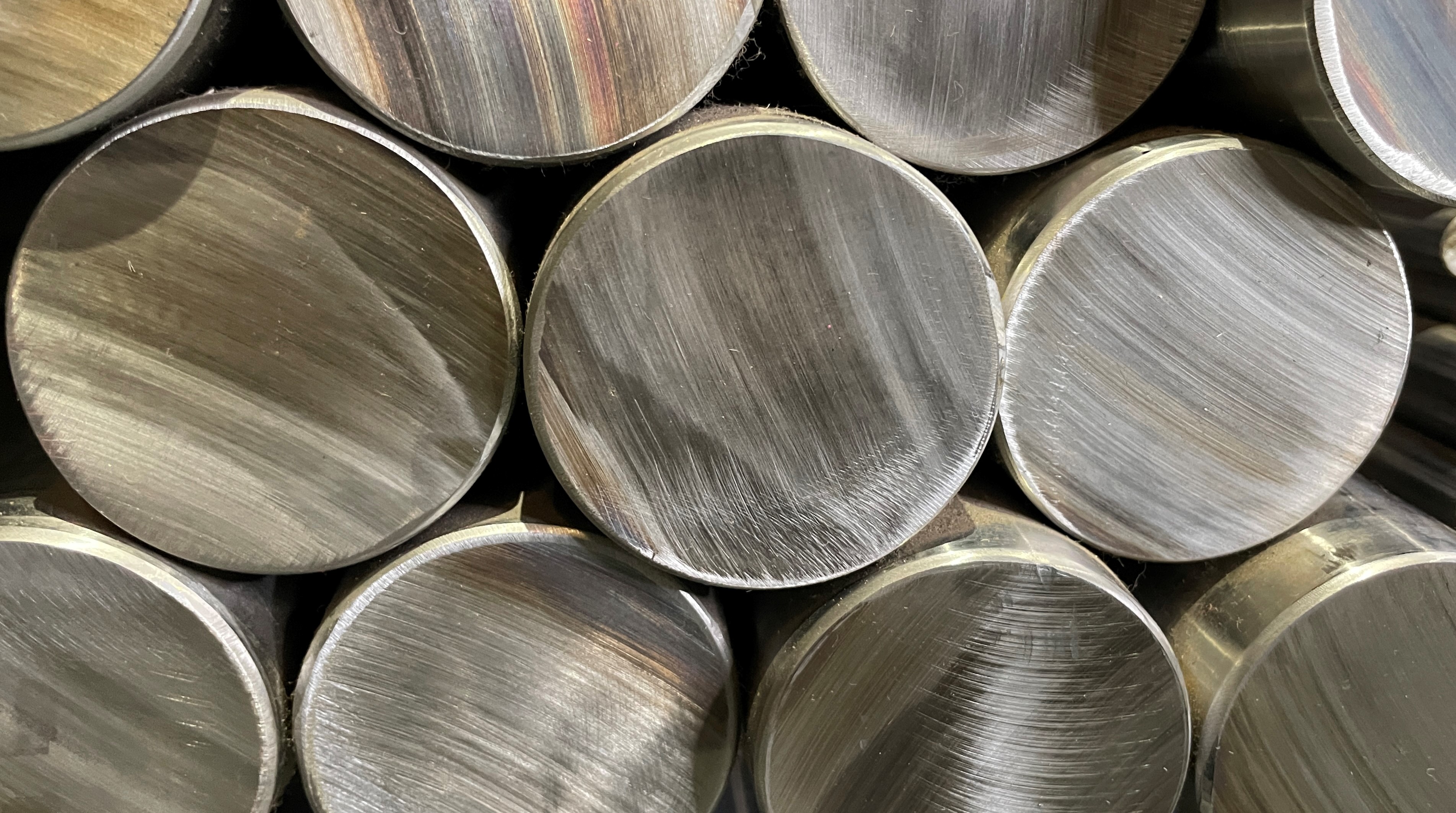
17-4PH, also known as UNS S17400, AMS 5604, DIN/EN 1.4542, and JIS SUS 630, is a precipitation-hardening stainless steel known for its high strength, excellent mechanical properties, and good corrosion resistance. It is commonly used in various high-performance applications due to its versatile characteristics.
This alloy is ideal for applications requiring a combination of strength, hardness, and resistance to corrosion and oxidation.
17-4PH Sheet | Plate
17-4PH sheets and plates are available in various thicknesses and sizes, making them suitable for aerospace, automotive, and industrial applications that require high strength and good corrosion resistance.
17-4PH Round Bar | Rod
Round bars and rods in 17-4PH are available in multiple diameters and lengths, suitable for precision machining and manufacturing parts that need to withstand high stresses and maintain toughness.
17-4PH Strip | Coil
Offered in strips and coils, 17-4PH is used for applications that require strong, flexible materials, such as in high-stress springs and components.
17-4PH Applications
- Utilized in critical aerospace components like landing gear, turbine blades, and structural parts due to its high strength and corrosion resistance.
17-4PH Properties
- Tensile Strength: Exhibits high tensile strength, typically around 1,200 MPa, making it suitable for demanding applications.
- Density: Approximately 7.8 g/cm³, providing a good strength-to-weight ratio.
- Thermal Conductivity: Moderate thermal conductivity suitable for various applications.
- Corrosion Resistance: Excellent resistance to oxidation and corrosion, particularly in marine and acidic environments.
Machining 17-4PH
- Cutting: Use high-speed steel or carbide tools for cutting. Precision cutting techniques such as laser or water jet cutting are recommended for detailed work.
- Drilling: Employ carbide drills for drilling 17-4PH. Proper cooling and lubrication are essential to prolong tool life and achieve accurate holes.
- Turning: Carbide inserts are preferred for turning. Maintain consistent cutting speeds and effective cooling to ensure optimal performance.
- Milling: Use carbide end mills with adequate cooling to manage heat and maintain precision during milling operations.
- Grinding: For grinding, use aluminum oxide or CBN wheels to achieve precise tolerances and a high-quality surface finish. Adequate cooling is necessary to prevent overheating and ensure dimensional accuracy.
Chemical Composition
- Copper (Cu): Min 3.00%, Max 5.00%
- Manganese (Mn): Max 1.00%
- Phosphorus (P): Max 0.04%
- Silicon (Si): Max 1.00%
- Nickel (Ni): Min 3.00%, Max 5.00%
- Carbon (C): Max 0.07%
- Sulfur (S): Max 0.03%
- Chromium (Cr): Min 15.00%, Max 17.50%
- Iron (Fe): Balance
| Material | Form | Size Inches | SKU Number |
|---|---|---|---|
| 17-4PH | Sheet | Thickness: 0.020" to 0.500"; custom widths and lengths | 17-4PH-SHEET-0.125-12x12 |
| 17-4PH | Plate | Thickness: 0.500" and up; custom sizes | 17-4PH-PLATE-0.750-24x24 |
| 17-4PH | Bar/Rod | Diameter: 0.250" to several inches; length up to 36" or more | 17-4PH-BAR-1-36 |
| 17-4PH | Tube/Pipe | Diameter: 0.5" to several inches; custom wall thickness | 17-4PH-TUBE-1-0.125 |
| 17-4PH | Wire | Diameter: 0.010" to 0.250"; often supplied in coils | 17-4PH-WIRE-0.050-100 |
| 17-4PH | Custom Fabrications | Custom dimensions and shapes as required | 17-4PH-CUSTOM-FAB-001 |
